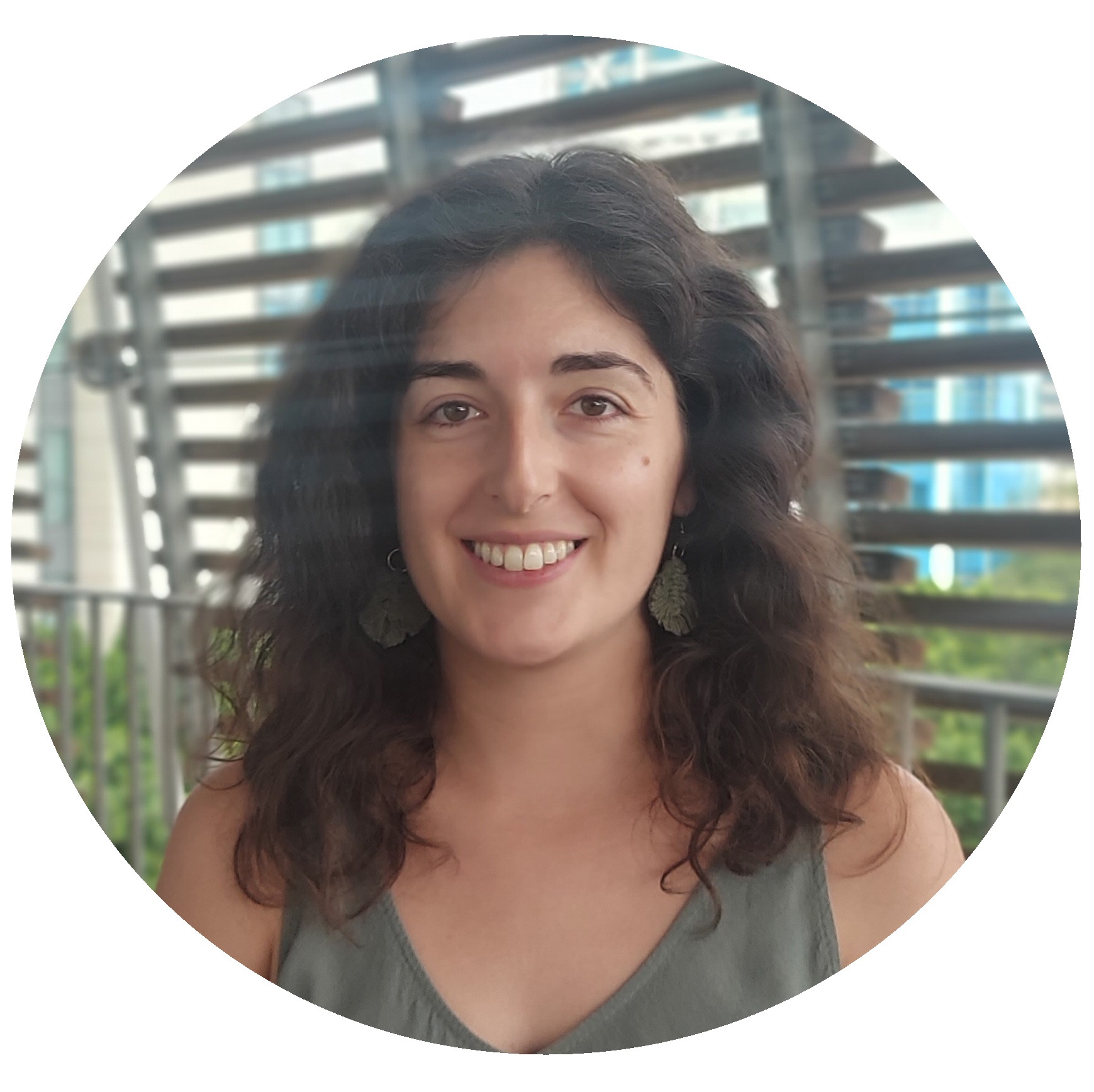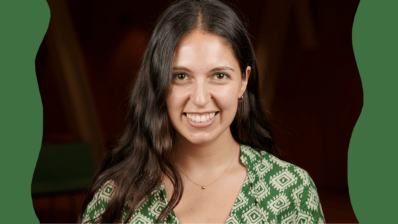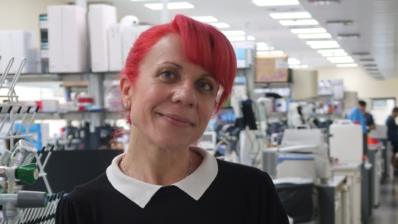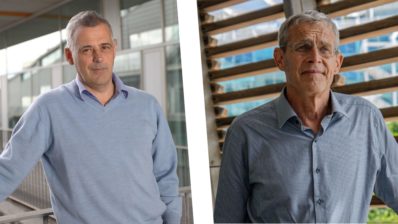Multidisciplinary and multinational. This is how Davide Rasella describes his group of Health Impact Assessment (HIA). The group was born 3 years ago when Rasella was recruited by the Barcelona Institute for Global Health (ISGlobal). He already had a research group in Brazil that it is currently formed by seven postdocs. The creation of the group in Barcelona allowed them to join forces and to become an extensive group that integrates professionals of several disciplines (mathematicians, statisticians, economists, epidemiologists…). Rasella himself is biotechnologist and obtained his PhD in Public Health Epidemiology.
Although it is a PRBB group, there is a part located at Campus Mar more focused on environmental epidemiology and another part located at Campus Clínic. The part of the group that works at Campus Clínic focuses its interest on evaluating how inequalities and poverty affect health and how this can be improved through poverty reduction policies and a better access to health care programs.
Scientific policies to reduce infant and child mortality
The group has close contacts to policymakers, in Brazil and also in other countries in Latin America and more recently, they have also started working with Sub-Saharan Africa countries. The dialogue between governments and the research group is bidirectional and this is what makes it more interesting. Researchers suggest what they think it might be important to analyse and at the same time, governments suggest topics that are interesting for them. “We develop a study based on their necessities”, confirms Rasella.
There is a bidirectional dialogue between governments and the research group on what topics are of interest to study.
The group develops methodologies to perform predictions for the future; “we simulate increases in poverty and in other social determinants and we try to understand how we can mitigate them”. Recently they published a study in The Lancet Health – Americas where they have seen that social pensions are important to reduce infant mortality in Brazil.
The effect of the Conditional Cash Transfers (by which governments assign an amount of money to families that fulfil special requirements) on the reduction of infant mortality was studied previously. However, the combined effect between conditional cash transfers and social pensions, two main factors of social assistance to families, was never studied. Rasella’s group described that these two factors have a key impact on the reduction of infant mortality and on the mitigation of the impact of economic crises on infant health. One added value of this study and of all their simulation and projection models is the robust evaluation that they do using advanced mathematic models and taking already existing data, obtained from the Health and the Social Development ministries, among others.
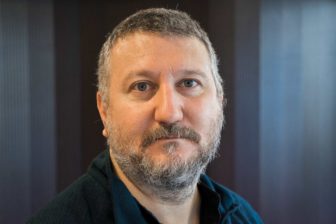
“We try to learn from the past to project for the future”
Davide Rasella (ISGlobal)
Facing policrisis with social epidemiology
Considering that the group uses populational data, the question that arises is how did the Covid-19 pandemia affect their studies. “The Covid-19 pandemia has been a very complex event, from different points of view. There was a disruption in the health care system and also in the economic system, that brutally affected the inequalities in these countries”, says the researcher. Their projects are still considering the pandemia but they see that its effects are mitigated.
Nowadays the term policrisis is being discussed: “the climate change, wars, etc. everything is connected. That’s why we created the Global Social Epidemiology Network. Social epidemiology is the branch of epidemiology that evaluates the effect of social determinants (racism, access to health care programs, etc) on health. The network is formed by scientific professionals of Latin America, Asia and Africa. We have developed several projects to evaluate what is happening now, but also how can we be prepared for an amplification of these crisis”, explains Rasella.
“Economic crises, climate change, wars… everything is connected. That’s why we created the Global Social Epidemiology Network”
Davide Rasella (ISGlobal)
There are predictable crises, but there are other crises that arise suddenly. The HIA group tries to be prepared and to design the best of the scenarios but also the worst, so that they can create interventions to mitigate and to reduce the effects of these crises. A common factor among them is that the people who suffers the most, is the most vulnerable people. For this reason, the group suggests creating a system of social protection and primary attention to mitigate mortality.
A common factor of most crises is that those who suffer the most, are those most vulnerable.
“Sometimes in Europe, poverty and inequalities are not seeing as a priority”, says the epidemiologist. That’s why it is very difficult to get fundings. Crises have increased poverty and inequalities, mostly in the countries where the group works. However, both factors are not still considered as a priority. “It is essential to understand that they are a priority”, concludes the group leader.
